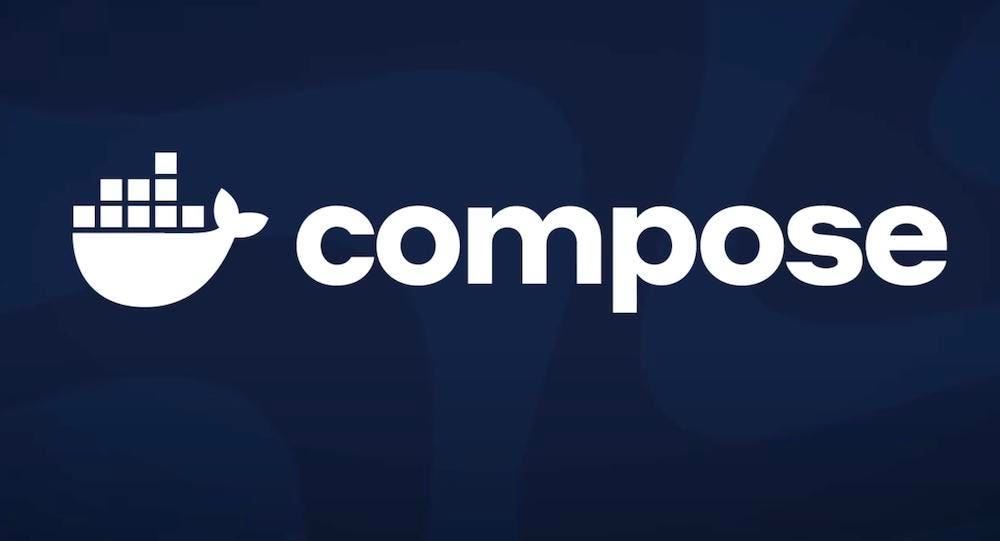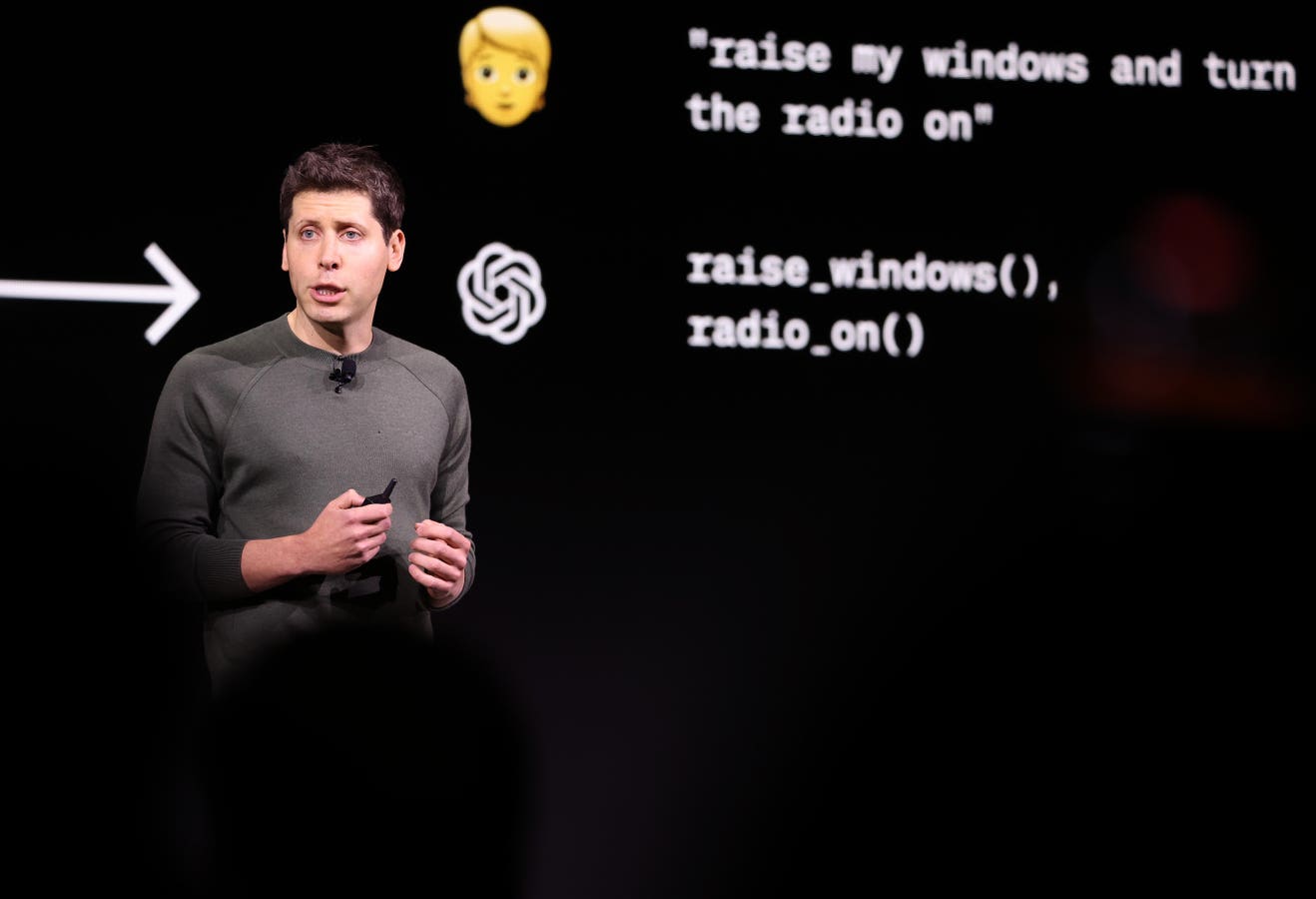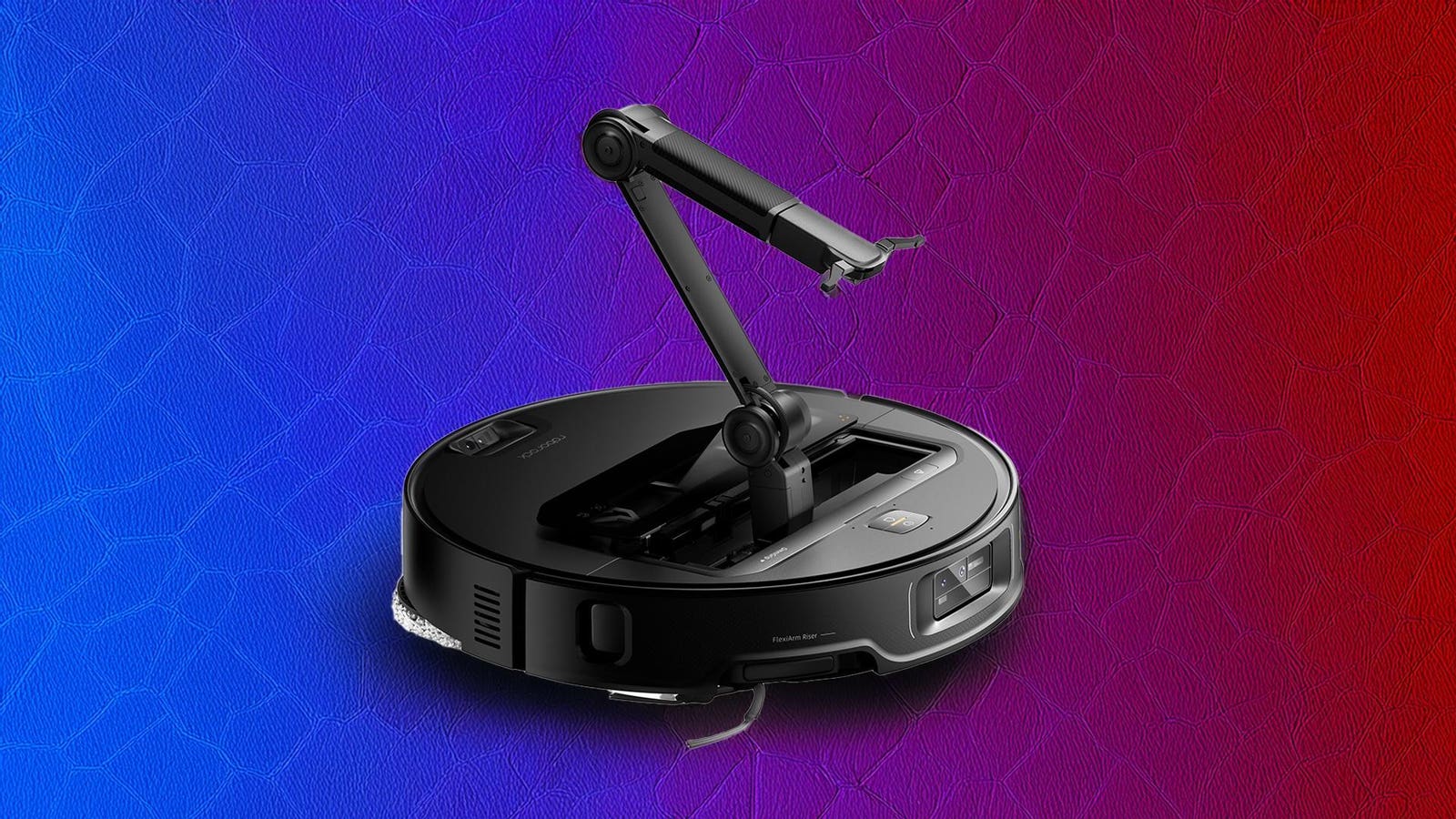Docker Compose
Docker, Inc. has positioned itself as the central orchestration platform for AI agent development, standardizing how developers build, deploy and manage intelligent applications through its enhanced compose framework and new infrastructure tools.
Streamlining Agent Development Through Familiar Workflows
Docker recently extended its compose specification to include a new “models” element, allowing developers to define AI agents, large language models and Model Context Protocol tools within the same YAML files they already use for microservices. This integration eliminates the fragmented development experience that has plagued enterprise AI projects, where teams often struggle to move beyond proof-of-concept phases.
The enhancement enables developers to deploy complete agentic stacks with a single “docker compose up” command, treating AI agents as first-class citizens alongside traditional containerized applications. This approach addresses a fundamental challenge in enterprise AI development: the disconnect between experimental AI workflows and production deployment pipelines.
Multi-Framework Integration Strategy
Docker’s approach centers on supporting multiple AI agent frameworks simultaneously, rather than favoring a single solution. The platform now integrates with LangGraph, CrewAI, Spring AI, Vercel AI SDK, Google’s Agent Development Kit and Embabel. This framework-agnostic strategy reflects Docker’s understanding that enterprise environments require flexibility to adopt different AI technologies based on specific use cases.
The integration allows developers to configure different frameworks within the same compose file, enabling hybrid agent architectures. For instance, a financial services application might use LangGraph for complex reasoning workflows while employing CrewAI for multi-agent coordination tasks.
Cloud Infrastructure and Scaling Capabilities
Docker Offload represents a significant infrastructure investment, providing developers with access to NVIDIA L4 GPUs for compute-intensive AI workloads. The service charges $0.015 per GPU minute after an initial 300 free minutes, positioning it as a development-focused solution rather than a production hosting service.
The company has established partnerships with Google Cloud and Microsoft Azure, enabling seamless deployment to Cloud Run and Azure Container Apps, respectively. This multi-cloud approach ensures organizations can leverage their existing cloud investments while maintaining consistency in their development workflows.
Security and Enterprise Readiness
Docker’s MCP Gateway addresses enterprise security concerns by providing containerized isolation for AI tools and services. The gateway manages credentials, enforces access controls and provides audit trails for AI tool usage, addressing compliance requirements that often block enterprise AI deployments.
The platform’s security-by-default approach extends to its MCP Catalog, which provides curated and verified AI tools and services. This curation process addresses supply chain security concerns that have emerged as AI components are integrated into production systems.
Implementation Challenges and Considerations
Despite the streamlined development experience, organizations face several implementation challenges. The complexity of managing multiple AI frameworks within a single environment requires sophisticated dependency management and version control practices. Cold start latencies in containerized AI applications can introduce a few seconds of delay, requiring careful optimization strategies.
Enterprise adoption also requires addressing data governance and model management practices. While Docker’s platform simplifies deployment, organizations must still establish practices for model versioning, performance monitoring, observability and cost management across different AI workloads.
Key Takeaways
Docker’s multi-framework approach represents a bet on ecosystem diversity rather than standardization around a single AI framework. This strategy acknowledges that enterprise AI applications will likely require multiple specialized tools rather than monolithic solutions. The platform’s success depends on maintaining interoperability between different AI frameworks while providing consistent deployment and management experiences.
The introduction of Docker Offload also signals Docker’s expansion beyond traditional containerization into cloud infrastructure services. This evolution positions the company to capture more value from AI workloads while maintaining its focus on developer experience and workflow integration.
For technology decision-makers, Docker’s AI agent platform provides a mechanism to standardize AI development practices while maintaining flexibility in framework choice. The platform’s emphasis on familiar workflows and existing tool integration reduces the learning curve for development teams, potentially accelerating AI adoption timelines within enterprise environments.









